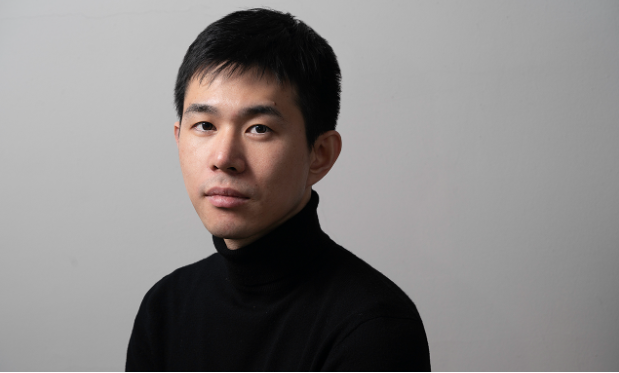The rise of artificial intelligence in 2024 has fundamentally transformed the landscape of digital product design, bringing unprecedented attention to UX/Product Designers who successfully harness AI to enhance human experiences. Among these emerging voices, Xiao Chen stands out with four major international accolades, including the coveted Red Dot Award, marking him as a pioneer in the new era of AI-driven design solutions.
In what industry observers describe as a watershed year for design and artificial intelligence, Chen’s achievements reflect the increasing recognition of designers who can bridge sophisticated technology with intuitive user experiences. His recent string of honors began this summer when OpusClip captured the prestigious Red Dot Award: Design Concept in Interaction and User Experience. The platform’s innovative approach to video editing impressed judges with its ability to analyze social media trends and transform long-form content into engaging clips, effectively mimicking human editorial decisions through advanced AI algorithms.
As 2024 drew to a close, Chen’s latest innovation Roomly secured three major honors in rapid succession, further cementing his position in the competitive field of AI-enhanced design. The interior design platform earned a Silver at the October Muse Creative Awards, followed by another Silver at the Titan Innovation Awards in November. The year culminated in Roomly’s nomination for the esteemed UX Design Awards, placing Chen’s work alongside industry-leading innovations from global technology companies.
These recognitions highlight a broader shift in the design industry, where the role of UX/Product Designers has evolved from creating interfaces to orchestrating complex AI-driven experiences. Chen’s work exemplifies this transformation, demonstrating how artificial intelligence can be harnessed to make professional expertise accessible to everyone.
OpusClip, his Red Dot Award-winning platform, addresses one of the most pressing challenges in today’s content-driven world: the need to transform lengthy videos into engaging social media content. The platform’s sophisticated AI system doesn’t merely automate editing tasks; it understands narrative structure, visual rhythm, and audience engagement patterns, bringing professional-level video editing capabilities to creators of all skill levels.
Similarly, Roomly showcases how AI can revolutionize traditional creative fields. The platform combines artificial intelligence with 3D scanning and augmented reality visualization, democratizing interior design while promoting sustainability. Its innovative approach earned praise from award juries for making professional design principles accessible to everyday users while maintaining environmental consciousness through features like its pre-owned marketplace.
“This year has demonstrated how AI can transform creative processes,” says Chen, whose unique perspective on design was shaped by his early years in Guancheng, a traditional water town in Zhejiang province. His background in understanding how spaces shape community life now influences his approach to digital innovation. “Whether through OpusClip’s intelligent video editing or Roomly’s design tools, we’re using AI to empower people to express their creativity while solving real-world challenges.”
Chen’s success across different creative domains illustrates the expanding role of UX/Product Designers in the AI era. Rather than simply creating user interfaces, today’s designers must orchestrate complex systems that combine artificial intelligence with human intuition. His platforms demonstrate how thoughtful design can make sophisticated technology feel natural and accessible, while addressing practical needs and environmental concerns.
The impact of his work extends beyond individual users to influence the broader design community. Chen’s achievements suggest new possibilities for how AI can enhance rather than replace human creativity. His platforms show how artificial intelligence can amplify human capabilities while maintaining the intuitive, personal connection that is essential to good design.
As the design industry continues to evolve with artificial intelligence playing an increasingly central role, Chen’s work points to future directions for human-centered AI applications. His recent string of awards highlights his individual talent and signals the growing importance of designers who can effectively combine technological innovation with intuitive user experiences.
Looking ahead to 2025, Chen’s successes in 2024 suggest that the future of design lies in this delicate balance between artificial intelligence and human creativity. His work demonstrates how designers can harness AI’s capabilities while maintaining focus on human needs and experiences, setting new standards for digital product design in an AI-driven world.
The recognition of Chen’s work through multiple prestigious awards reflects the design industry’s growing appreciation for solutions that make sophisticated technology accessible and meaningful to everyday users. As artificial intelligence continues to reshape creative fields, designers like Chen who can bridge the gap between advanced technology and human experience will play an increasingly crucial role in shaping how we interact with digital tools and spaces.





































